AI is taking control at Spotify: Music is no longer what it used to be!

Artificial intelligence technologies are rapidly transforming every aspect of our lives and pushing the boundaries of the music world. Massive platforms like Spotify have begun to radically alter users' music listening habits thanks to AI-powered algorithms. However, this "revolution" also brings with it the weakening of human emotional bonds, the devaluation of artists' work, and ethical issues. Listening to music is no longer merely an experience; it's becoming a process handed over to the cold calculations of artificial intelligence. So, what does humanity stand to lose as a result of this dangerous transformation?
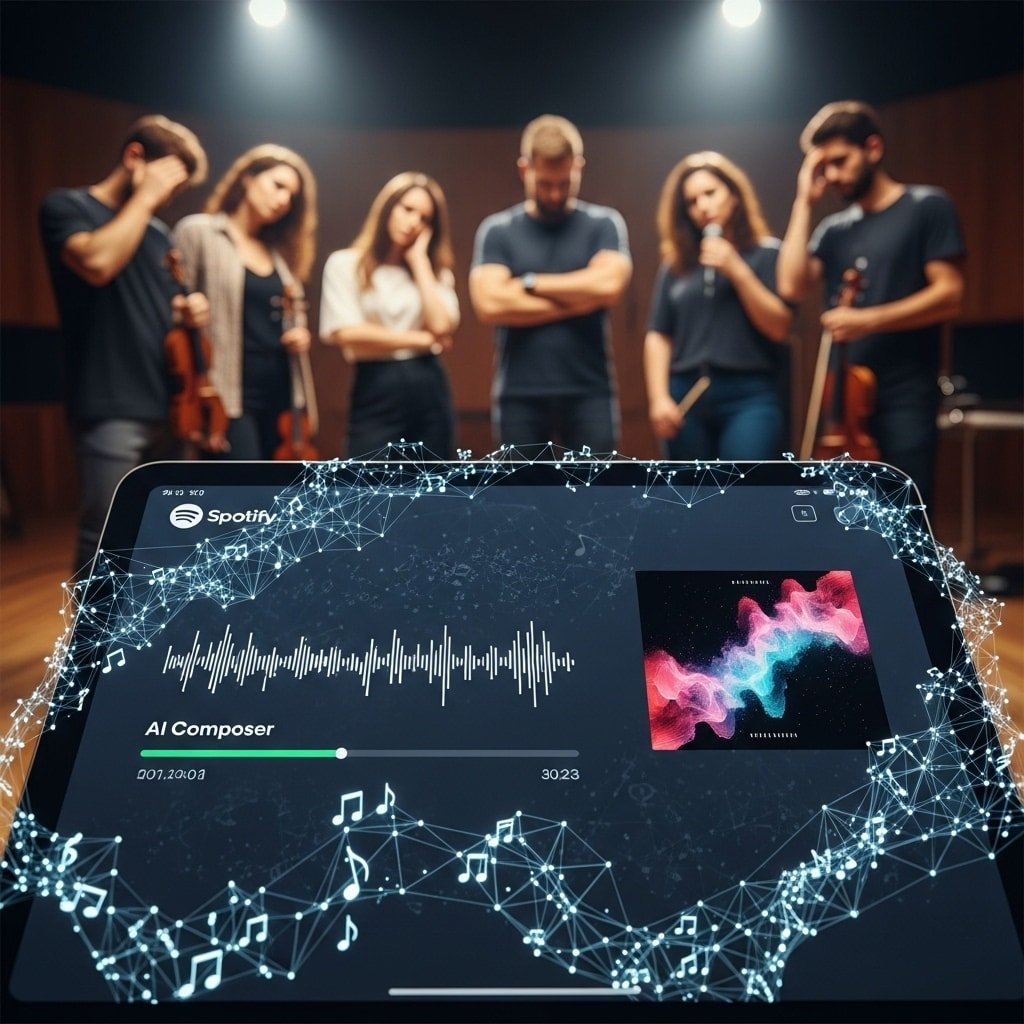
The AI algorithms used by Spotify and similar platforms instantly analyze and recommend millions of songs based on users' tastes. This speeds up the discovery process and essentially automates and standardizes the music listening experience. Random discovery across thousands of different artists and genres is now being replaced by a narrow and controlled musical landscape determined by AI.
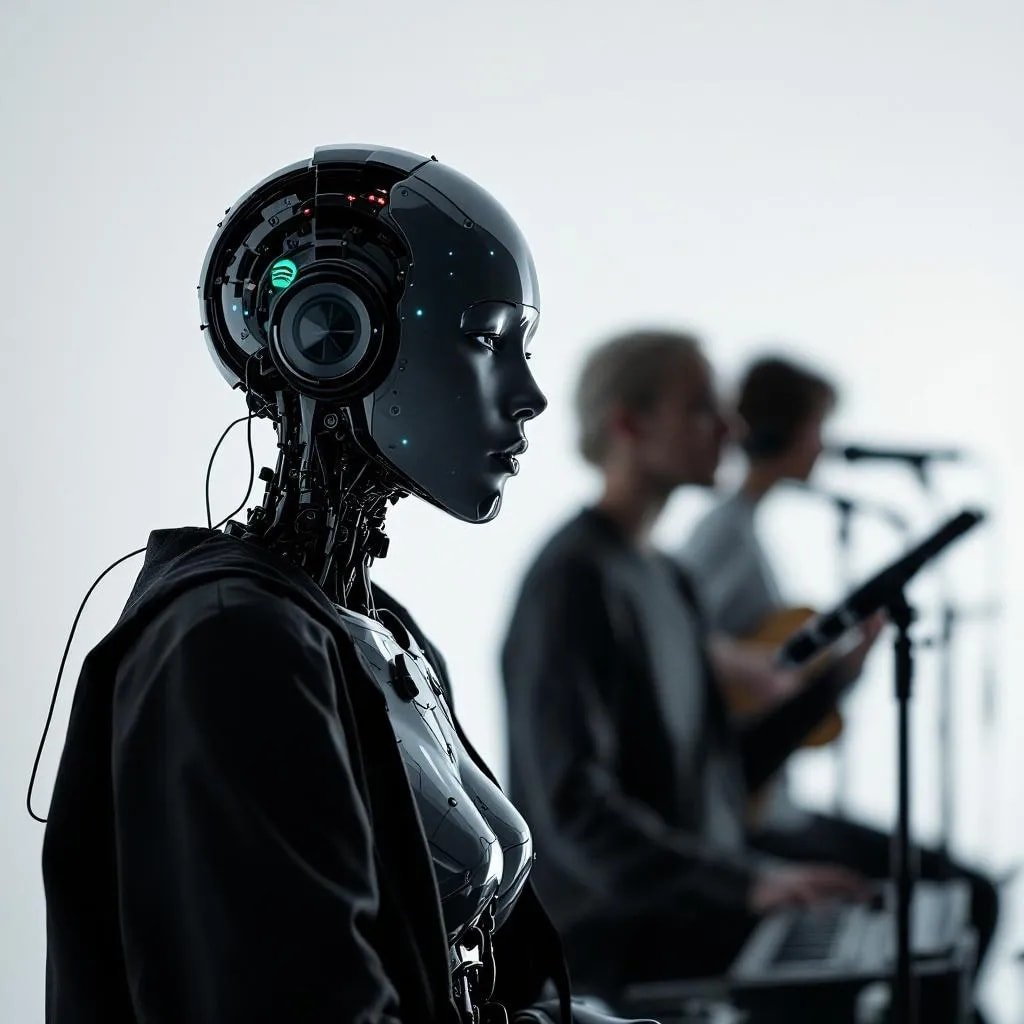
Artists' work is ignored
The rise of AI-generated musical content is overshadowing the work of real artists. "Ghost artists," or AI-powered music production, in particular, are generating significant debate regarding originality and copyright. Artists argue that they are being "devalued" by AI in the music industry.
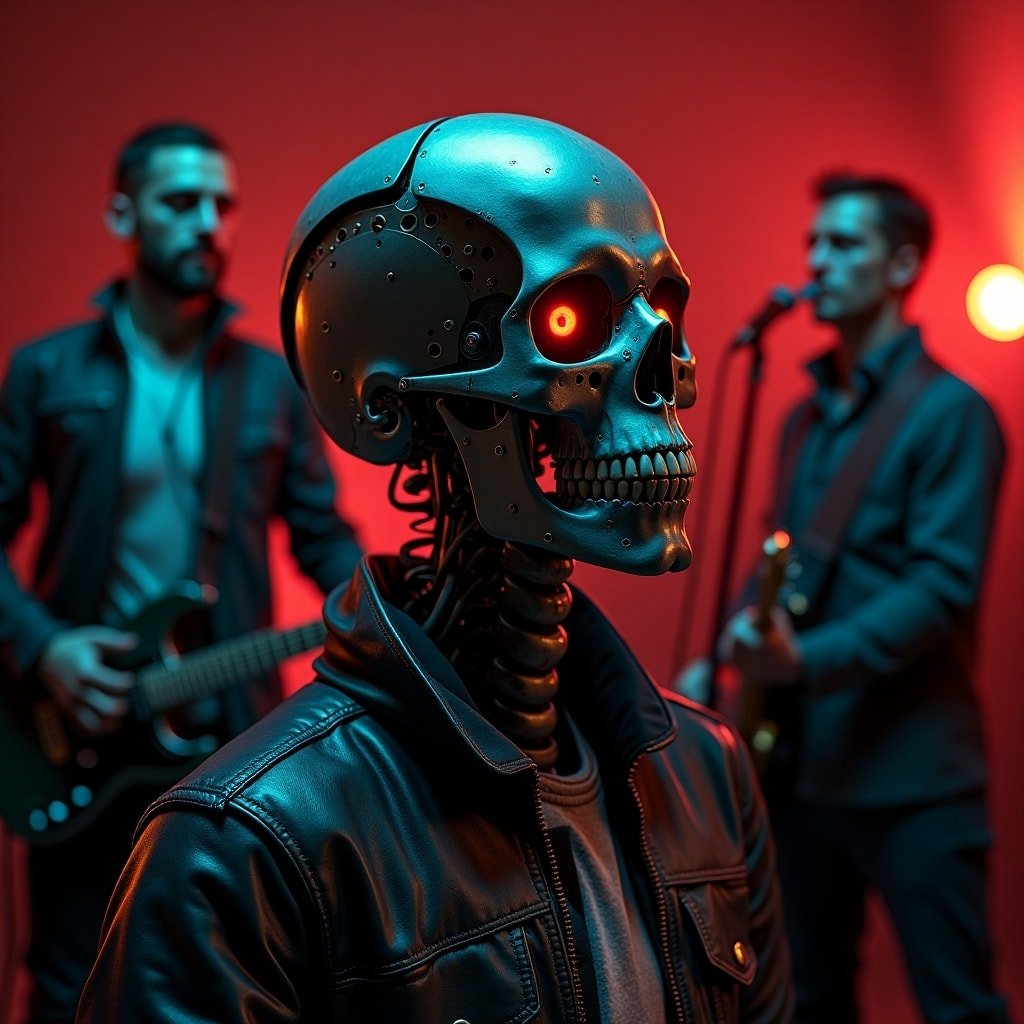
Using dead artists' voices without permission
The use of AI in music production raises ethical and legal issues. Issues such as the unauthorized use of deceased artists' voices, uncertainty surrounding the identity of voices imitated by AI, and the unfair distribution of royalties are becoming major challenges for the industry. Platforms like Spotify are struggling to establish clear policies on this issue.
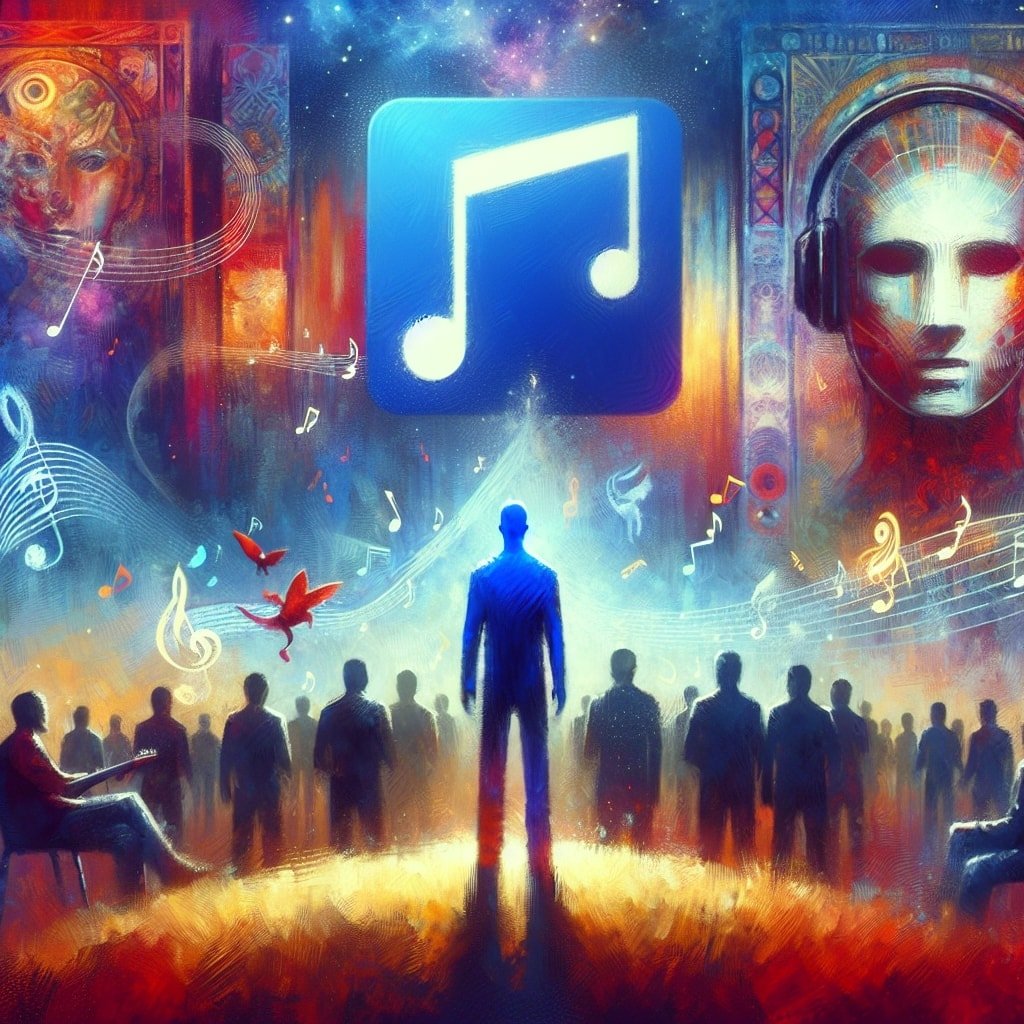
User privacy and data security are at risk
Artificial intelligence algorithms offer personalized recommendations by analyzing users' listening habits in detail. However, the confidentiality of the data collected in this process and its sharing with third parties leads to a significant loss of trust among users. In other words, these data security breaches are creating a new crisis facing digital music platforms.
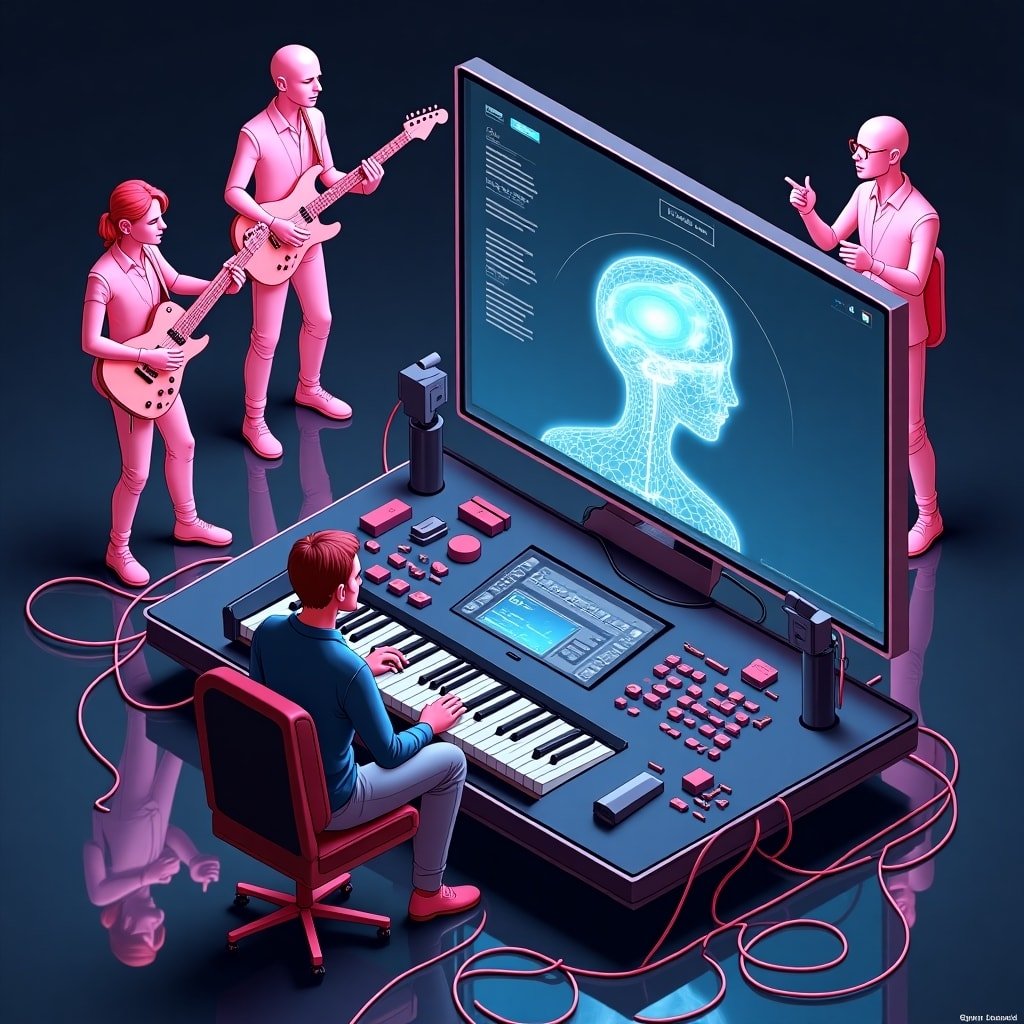
Is there artificial intelligence in the Law on Intellectual and Artistic Works?
Is there an artificial intelligence law for musical works in Türkiye and around the world? Let's take a look at the details.
In Türkiye, Law No. 5846 on Intellectual and Artistic Works (FSEK) recognizes copyright only to natural persons. Therefore, AI-generated musical works cannot be considered copyrighted under the current legal framework. FSEK prioritizes human-created works that bear the copyright of the author, thus preventing AI-generated musical works from falling under copyright.
A similar approach is being adopted internationally. For example, the US Copyright Office rejected the copyright application for an AI-generated visual artwork in 2022, citing the work's lack of human creation. Similar decisions have also been made in the UK, Australia, and EU countries.
This creates a gap in the copyright protection of AI-enabled musical works, necessitating new regulations in this area. Future legal regulations are expected to define the copyright status of AI-generated works.
The urgent need here is to enact the artificial intelligence law immediately. Otherwise, thousands of musicians, songwriters, and soloists who earn their living in the music industry could be left unemployed. This means a new army of unemployed.
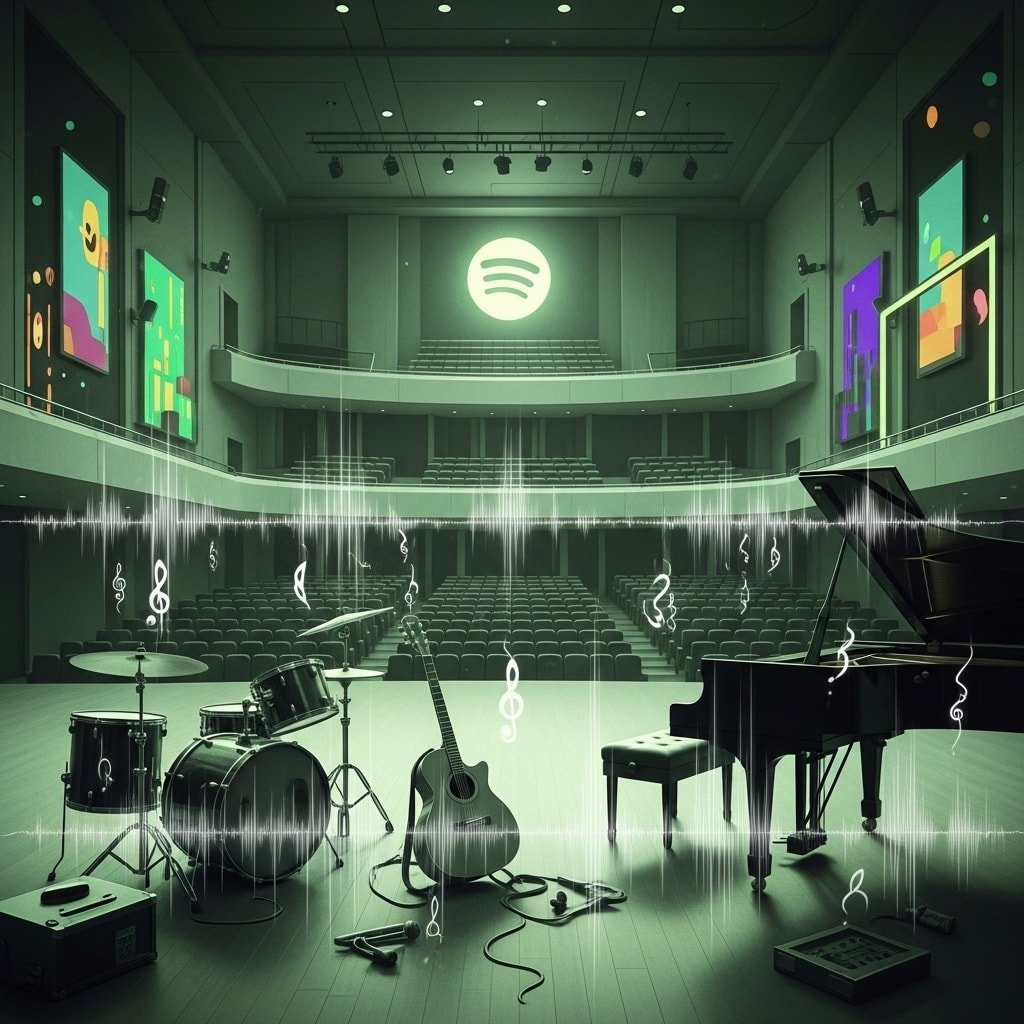
Is listening to music now a 'Human' experience?
In light of all these developments, there's a growing concern that listening to music is no longer an emotional experience that connects directly with the human soul, but rather a cold mechanism controlled by artificial intelligence. How will this rapid transformation of music, which nourishes the soul of humanity, art, and culture, shape future generations' relationship with music?
SÖZCÜ





